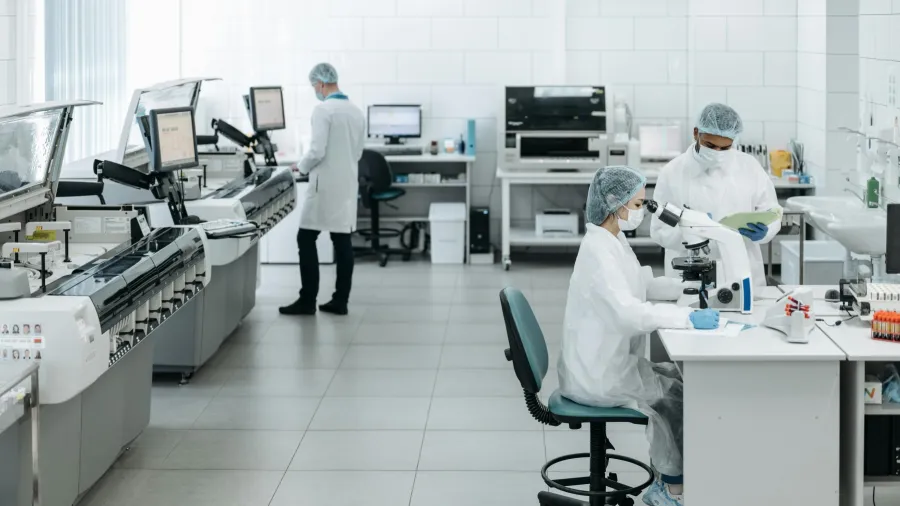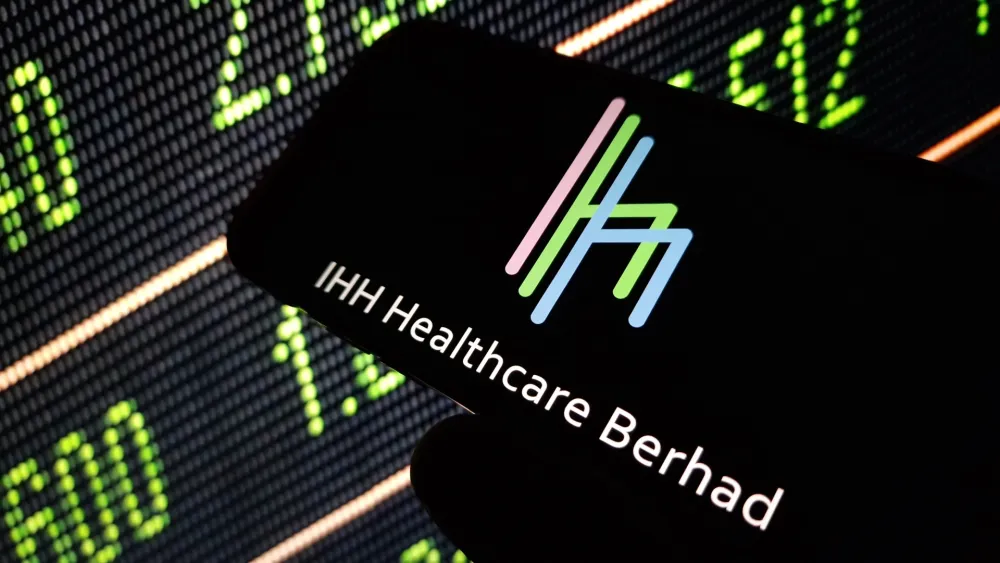
Saudi Arabia’s genetic testing market to grow 9.75% annually through 2029
Increased awareness of genetic testing’s role in disease prevention is driving market growth.
Saudi Arabia's genetic testing market, valued at $0.27b in 2023, is expected to grow at a compound annual growth rate (CAGR) of 9.75% through 2029, according to ResearchAndMarkets.com.
Increased awareness of the benefits of genetic testing in disease prevention, early detection, and personalised treatments is driving this growth.
Public health campaigns and educational efforts are helping people understand the importance of genetic testing. Advancements in technologies like next-generation sequencing (NGS) and gene editing are making genetic testing more accessible, affordable, and efficient.
The rise in cancer cases and the demand for precision medicine is fueling the need for genetic testing in oncology. It allows doctors to assess cancer risk and tailor treatments based on individual genetic profiles. Pharmacogenomic testing, which identifies how genetic differences affect drug responses, is also gaining traction in personalized medicine.
Genetic testing is increasingly used to assess the risk of various diseases, including cancer, heart disease, and neurodegenerative conditions. It helps doctors select the right medications for patients, reducing the risk of side effects.
In Saudi Arabia, genetic testing is particularly relevant for diagnosing and managing inherited diseases, with growing interest in preconception and prenatal testing to assess genetic risks for children.
Genetic information is also being used to create personalised treatment plans, improving healthcare outcomes.



















 Advertise
Advertise







